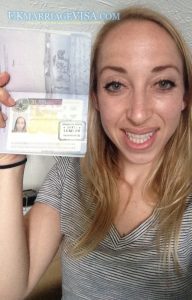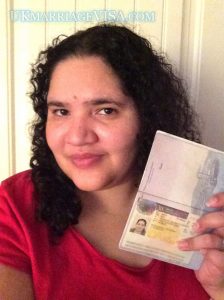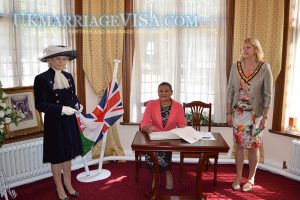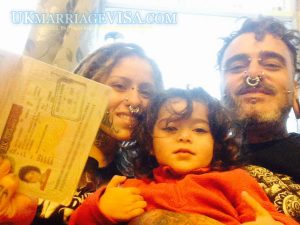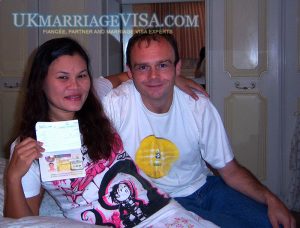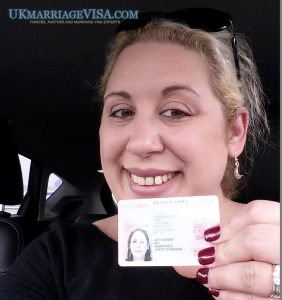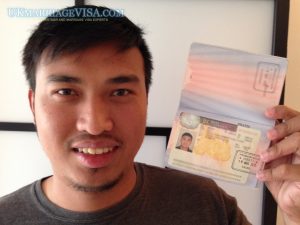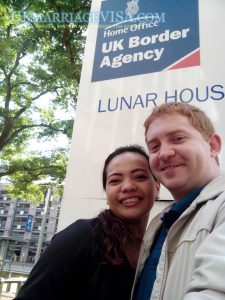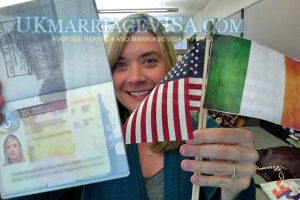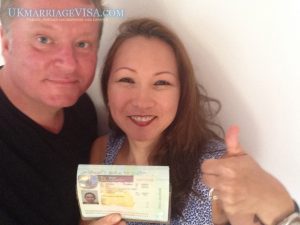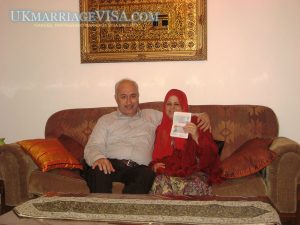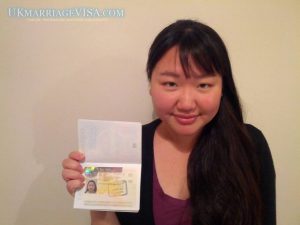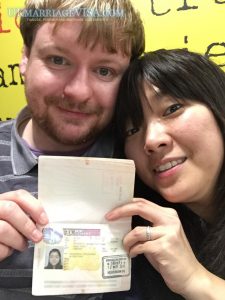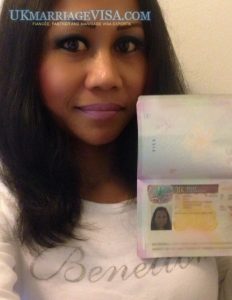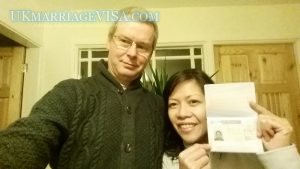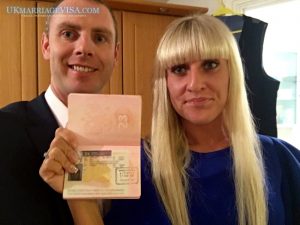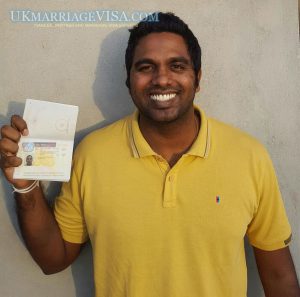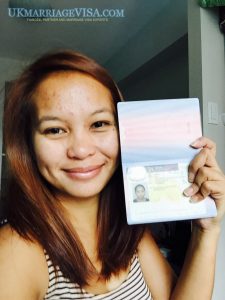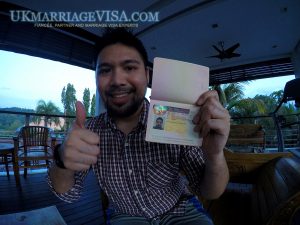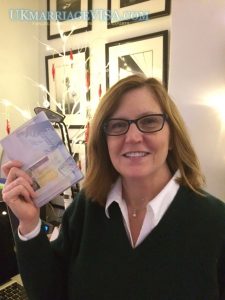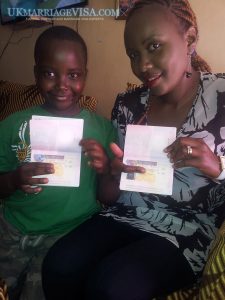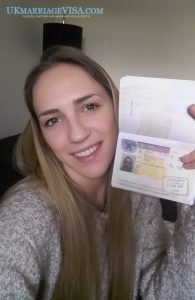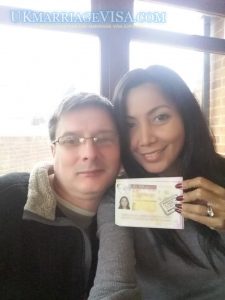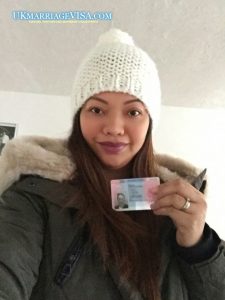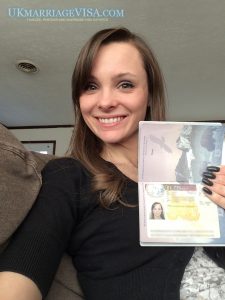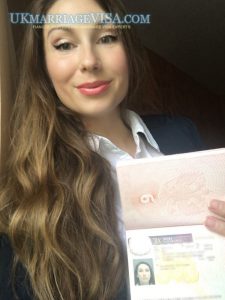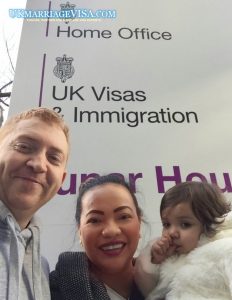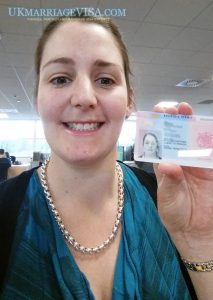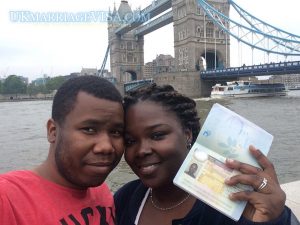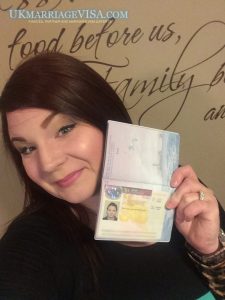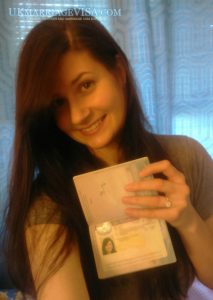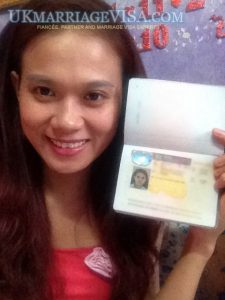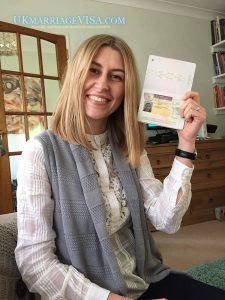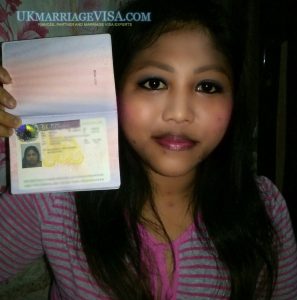Tuberculosis (TB) testing requirement for partners
Since the UK Visas and Immigration (UKVI) is expanding its network of countries participating in the mandatory pre-entry TB screening programme, more applicants are required to undergo a mandatory medical examination before they can apply for a UK fiancee, partner or spousal visa to settle in the UK. In most countries applicants must be tested for active tuberculosis at their local medical facilities run by the International Organisation for Migration (IOM). Only certificates issued by the IOM will be accepted by the UK Visas and Immigration (UKVI).
Tuberculosis (TB) is a highly infectious disease which is endemic (this means very common in the general population) in sub-Saharan Africa and much of Asia. In the UK, there has been a rise in cases of TB in recent years, due partly to people bringing the infection into the country with them, and also partly because of some strains of the tuberculosis bacterium becoming resistant to the drugs used to treat it. There has been a 5% increase in reported cases in the UK and when the statistics are analysed they show that these cases are mainly in non-residents – in fact, the incidence in those new to the country is over twenty times that of the UK born population. With over one third of the world’s population now carrying latent TB, it is essential that its spread is contained. This is the reasoning behind the Home Office rules on mandatory TB testing for visa applicants which came into effect at the end of May 2012.
The pre-entry TB screening programme initially covered the following countries: Bangladesh; Burkina Faso; Cambodia; Cote d’Ivoire; Eritrea; Ghana; Kenya; Laos; Niger; Pakistan; Somalia; Sudan; Tanzania; Thailand; and Togo. Additionally, the following countries are now part of the screening programme and applicants for UK partner visas, including fiancee and spouse visas, will be required to take the test as the network of UKVI-approved medical facilities continues to grow: Afghanistan; Angola; Bhutan; Bolivia; Botswana; Burma; Burundi; Cameroon; Cape Verdi; Central African Republic; Chad; China (including Hong Kong SAR and Macau); Congo; Congo Democratic Republic of Zaire; Djibouti; Ecuador; Equatorial Guinea; Ethiopia; Gabon; Gambia; Guinea; Guinea-Bissau; Guyana; Haiti; India; Indonesia; Kazakhstan; Kiribati; Korea Dem People; Korea Rep of; Kyrgyzstan; Lesotho; Liberia; Madagascar; Malawi; Malaysia; Mali; Mauritania; Micronesia; Moldova; Mongolia; Morocco; Mozambique; Namibia; Nepal; Nigeria; Papua New Guinea; Peru; Philippines; Russian Federation; Rwanda; Sao Tome and Prince; Senegal; Sierra Leone; Solomon Islands; South Africa; Suriname; Swaziland; Tajikistan; Timor-Leste; Tuvalu; Uganda; Ukraine; Uzbekistan; Vietnam; Zambia; and Zimbabwe.
The list above is very extensive and is designed not only to prevent the spread of TB in the UK but also to help address it in the countries where the applicants live. Tuberculosis is a difficult infection to control, because it can lay dormant for many years, giving few if any symptoms, but the person who has it can still pass it on to family members and close colleagues or friends. If the pre-entry testing is found to be positive, the person will require immediate treatment. After re-testing they can apply for a UK settlement visa as a fiancee, partner or spouse of a British citizen or legal permanent resident, if they are found to be free of infection. Those close to the person can also seek treatment and this way TB can be scaled down from the global threat it is currently considered to be by the World Health Organisation.
The test is very simple and everyone who is applying to enter the UK on a settlement visa from the participating countries must now have a certificate stating that they are free from infection before the fiancee, unmarried partner or spousal visa can be granted. Dependent children over the age of 11 included in a UK settlement visa application must be tested as an adult, whereas children under 11 years of age must be screened for the possibility of TB infection by reference to the family health record, the child’s own record and any comments from a doctor by whom the child has been examined.
Arrangements for taking the test vary from country to country, but the testing usually begins with a chest x-ray. In the case of a pregnant woman or anyone whose health makes an x-ray unwise, a sputum (phlegm) test can be the first stage, or a previous x-ray if it has been taken within the last three months. This must have been taken under conditions where the identity of the person is in no doubt and acceptance of a previous x-ray will be at the discretion of the radiographer. Some people worry about having an x-ray but it is painless and quick and the result is usually back within 24 hours or so. There is a non-refundable fee for the appointment and the x-ray, which is paid by the applicant in advance.
If the chest x-ray shows that there may be a TB infection, the next step is a sputum test. The chest x-ray is usually an indicator of whether or not a person might have TB, but they cannot confirm the diagnosis; they are only used to confirm a suspicion. Diagnosis of active tuberculosis means finding the bacterium in a sample of bodily fluid from the applicant, i.e. sputum tests. This is also very simple and painless, but takes a little longer for the results to be returned. If this proves that there is an infection, either active or dormant, the applicant will be given treatment – close family and co-workers will likely be offered treatment also – and until it can be shown that there is no infection, a medical clearance certificate required by the UK Visas and Immigration (UKVI) cannot be issued. Sometimes, it takes more than one course of treatment but it is normally successful in time.
The applicant must apply for a UK settlement visa within six months of receipt of the TB clearance certificate, or they will be required to take the test again. When the partner visa holder arrives in the UK it is essential that the certificate is presented to the interviewing UK Border Agency officials on arrival, so it must be kept handy in a pocket or hand luggage.
Kemp House
152-160 City Road
London EC1V 2NX


